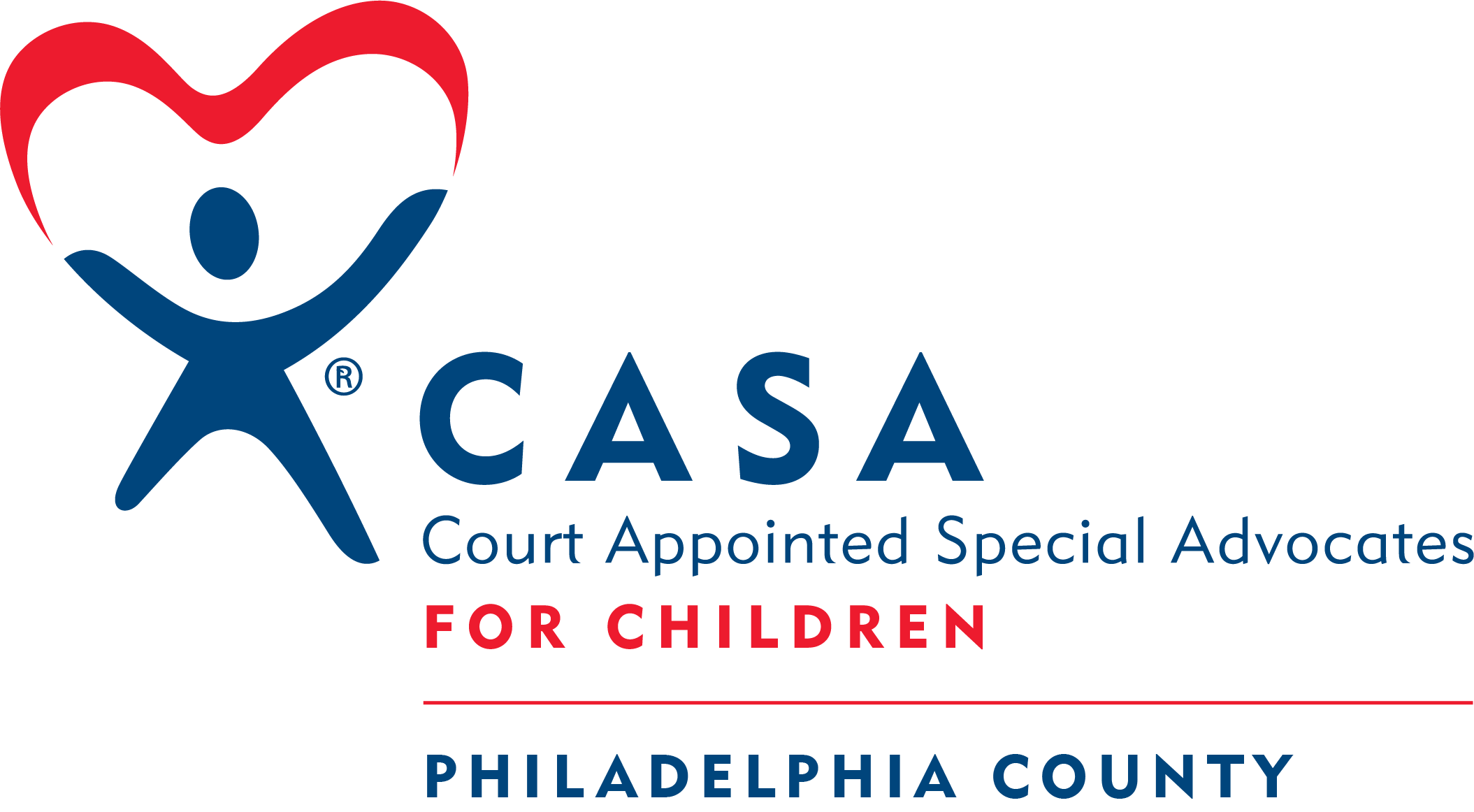
Celebrating Family During Reunification Month
June is National Reunification Month. In all cases reunification is the desired goal, but in more than 50% of cases that is sadly not the outcome. CASA works to always move toward reunification when possible and believes that children will fare best with parents and that parents deserve the chance to raise their children. Today, we talked to Cherie Bloomfield, CASA Supervisor about her work and about a recent success story.
June is National Reunification Month and I understand you have recently had a child reunified, can you tell us about that?
Yes! Working with one of our volunteers, Claudia, I had a young lady reunified with her father, and I must say it has become the highlight of my career thus far. This case was hard; this youth experienced?trauma?from those closest to her, but her spirit remained unmatched with light, love and kindness to those around her. Because of her mother’s illness and subsequent passing she and her siblings were in a kinship care situation that was not successful. After placement in residential treatment, she took the hard?steps to repair relationships and?restore herself. Her CASA volunteer worked hard to re-establish her contact with her father who lived out of the area. And because of her brave and open heart, she is now with her father, who loves her dearly, as well as his extended family. She has a good relationship with her siblings and will be starting a new chapter with a strong support system?behind her.?
I understand that only about 50% of children who enter foster care are ultimately reunited with their parents.
In 2019 Philadelphia’s Department of Human Services reported that 57% of children in foster care were in kinship care. Of those cases that achieved permanency, 46% of children were reunified and 45% were adopted.
For CASA the numbers are lower, 34% of our cases that achieved permanency in 2019 were reunified / 49% adopted – which could be explained as a result of the complex cases to which we are appointed.
Does CASA think those number are to low?
Ideally, CASA would like to see fewer children enter the foster care system. In many cases what courts see as neglect is actually the result of limited recourses and/or parenting skills. Services and supports that further assist and educate at-risk families would potentially reduce the number of children removed from their home and the care of their parents. Furthermore, I believe efforts made at a systematic level to alleviate factors parents and children face in Philadelphia – such as poverty, unemployment, housing and education – could keep children and families out of the child welfare system in the first place.
When did you join CASA and what brought you to us?
I joined CASA January 2018. What brought me to CASA was the opportunity to serve as an advocate for children/youth with an organization that operates outside of the foster care system here in Philadelphia; I am inspired by the resilience of our clients?and chance to help the children achieve what they?deserve most- a loving family unit. Secondly, I was excited about the opportunity to work with volunteer community members that share the passion of advocating for the best interest of children. For me, this combined my passion of working directly with children/youths and members of the larger community. ?
What would you say is the most difficult part of your work?
I would say the most difficult part of our work is seeing children/youth when they are repeatedly disappointed and?experience?further?trauma. It’s hard especially as you develop relationships with the children- all you want is the best for them.?
What is the most gratifying?
The most gratifying moments are definitely when the children achieve permanency and can move forward to the next chapter of their life. I can’t imagine the feeling of constantly having people coming in and out of your life and home; to share the most?intimate?moments of your life, especially those that have caused pain. But when that chapter ends, and they are in loving a home and/or start that new chapter towards independence, it is the best feeling to have been a member of their team.?
How does working with volunteer advocates differ from other jobs you have had in the field of social work??
I would say that working with volunteers differs from other jobs because I am working with community members from all?different?backgrounds and professional?experiences outside the field of social work. It really changes the dynamic because volunteers bring insight from their fields that impact?how?they?fulfill?their roles as advocates. I appreciate that?difference, it keeps me on my toes about the system, about how I view my cases and how information is processed. Each volunteer experience continues to teach me.
